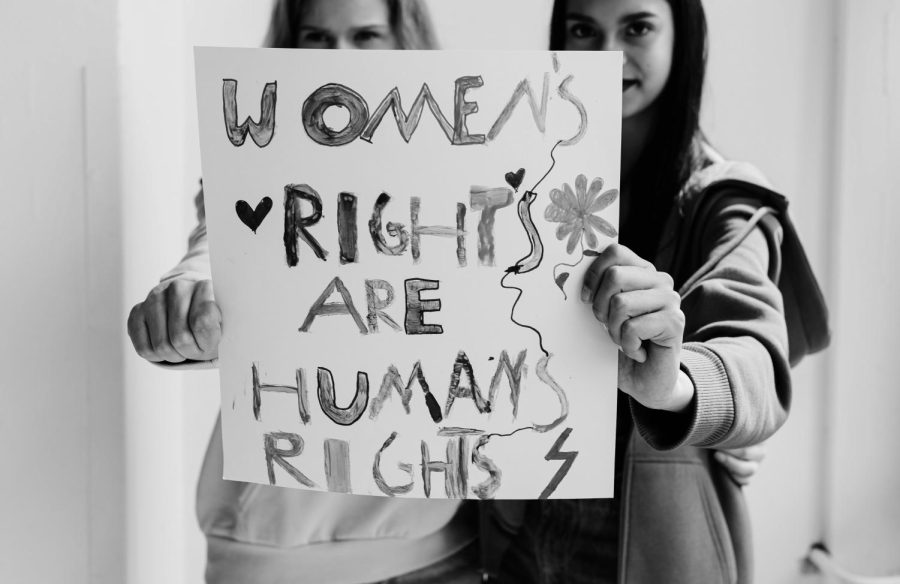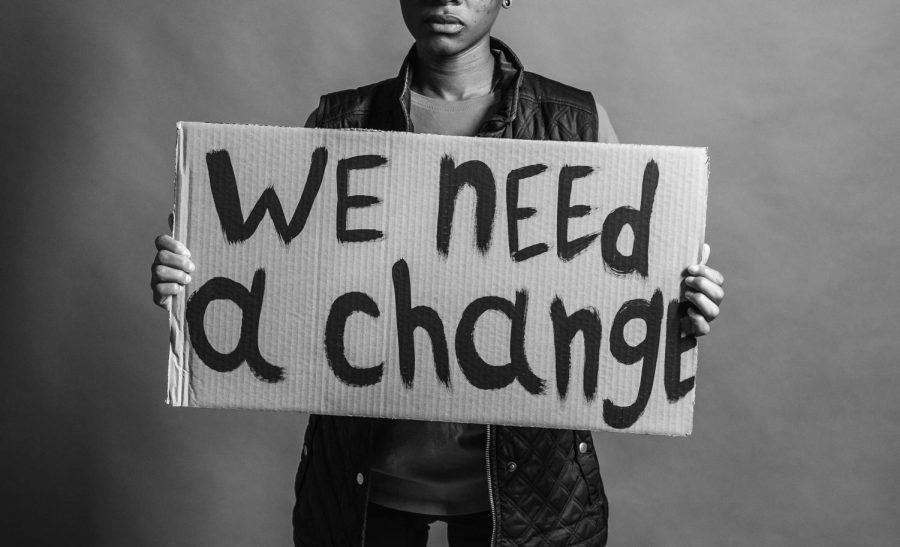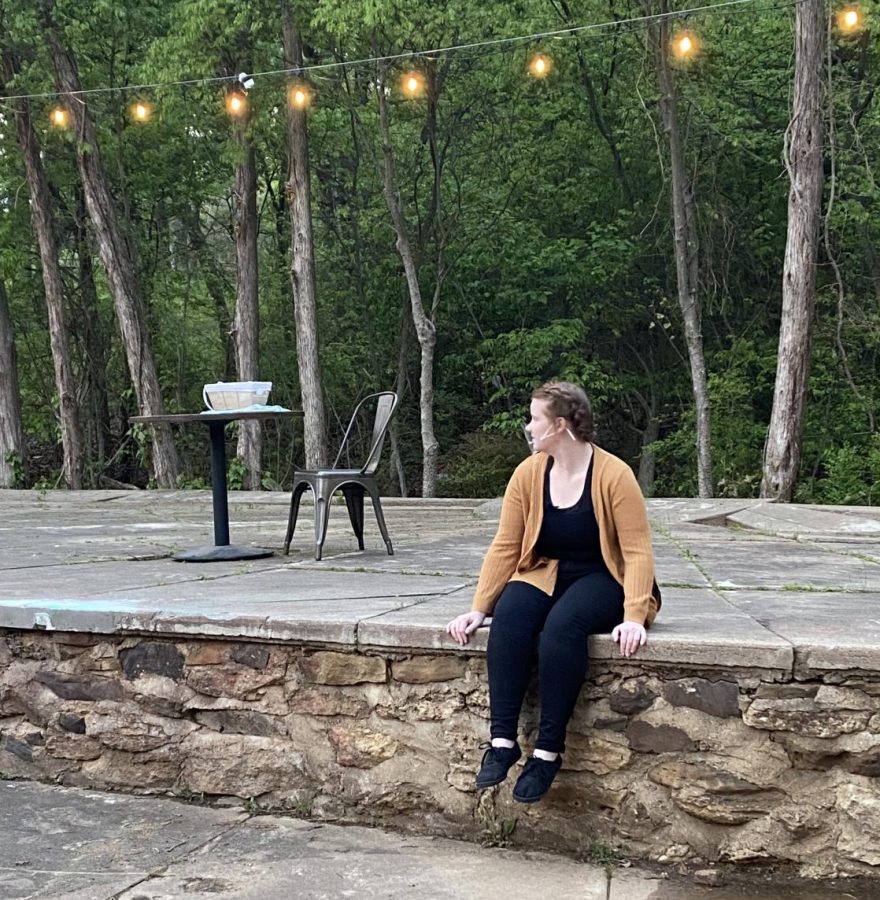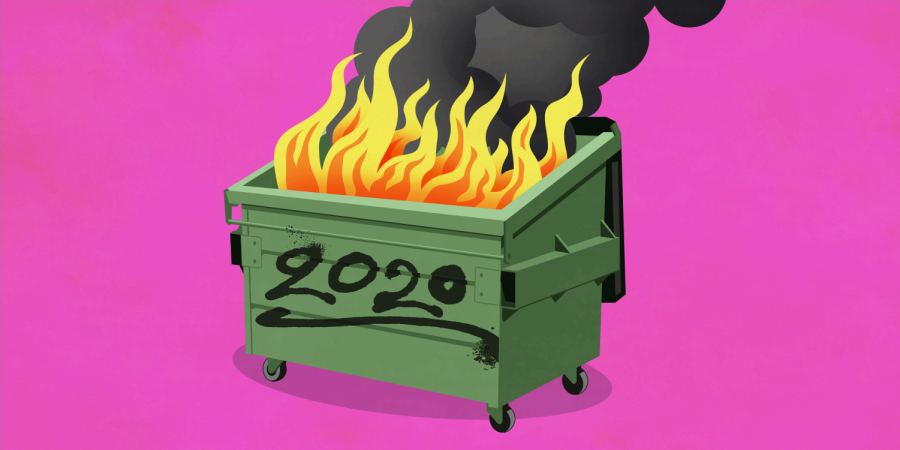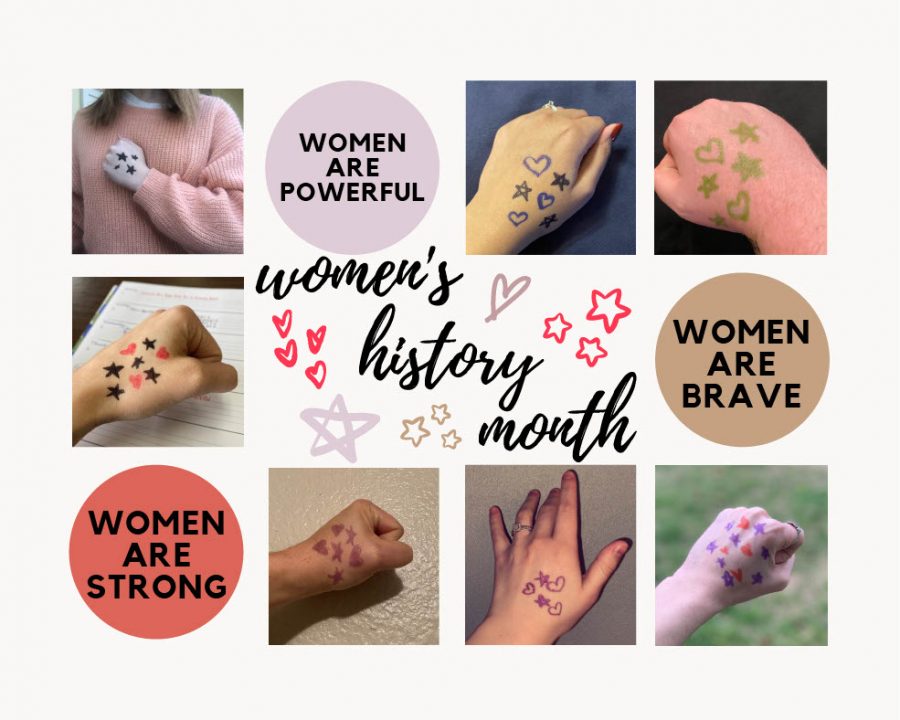Staff editorial
In the Oct. 27 issue of The Southeastern, the editorial commentary was devoted to the issue of collecting products for recycling on campus. With student support, the project could be successful, but it is hard to rally support when people may feel as if they are making only a small-scale impact.
Since preservation of the ecosystem and its resources are fundamental, any impact should be considered a vital effort and should never be taken lightly.
Considered even more effective than recycling, reduction is the best way to avoid waste. Reduce the use of a product, reduce the waste created in its production. This is especially true in the use of paper, whose creation and use is fast depleting natural resources, such as trees and water.
However, the newest advances in technology offer an opportunity toward enhancing the conservational cause.
The reference, of course, is to eReaders. These genius devices make items such as books, historical documents and, for college students, textbooks readily available minus the paper. In the very near future, it is not unreasonable to expect printed books to be a thing of the past.
eReaders have become more commonplace in recent years and are being produced by many different companies. The effect of this mass distribution is a more affordable, easier to obtain product.
According to Katie Dean, contributing writer for the Wired website at http://www.wired.com/culture/education/news/2002/08/53747, as of 2002 Iowa State was attempting to implement a paperless campus. They were expected to finish the initiative within a year, spreading the program to different departments over time. It is unknown at this time, whether they actually succeeded in eliminating the paper on campus, but the effort alone is pretty impressive.
There have been strides made, and as mentioned earlier, small steps are vital components to the conservational effort. On the SE campus, eTextbooks have been available for close to the last two years and are more rapidly gaining momentum.
There have even been experimental trial runs conducted within various areas of the SE campus. The music and theatre departments use the eReaders with their students to enhance the knowledge and skills that are available to the students.
As the price of the eReader technology decreases, nearly all of the course materials and textbooks have been created in digital format, creating an opportunity for the SE campus to make a huge environmental conservation statement with the institution of a paperless campus. In doing so, students would reap the benefits.
Implementation of the digital textbook would eliminate the need for a paper copy book and would lump all course materials into one smaller, easily managed technological device. Students would greatly minimize the heavy backpack loads that they had previously been carrying from classroom to classroom.
So what would the benefit be to a university to go completely paperless in its learning materials?
One ream (500 sheets) of non-recycled copier and printer paper uses 6 percent of a tree, calculates conservatree.org. This calculation is a rough estimate, conservatree.org points out, yet the figure is based on extensive research. When you take into account the number of reams of paper being produced and used every day, the actual impact to the environment is enormous.
One campus could make a difference. Start small. Use eTextbooks for a semester as a trial run. Ask professors to encourage online submissions of assignments through Blackboard. Instructional materials offered by professors should be saved to personal memory devices and kept for reference as needed. The beauty of eTextbooks is that they have the ability to load to up to 2 devices, so a personal computer could be used as well.

